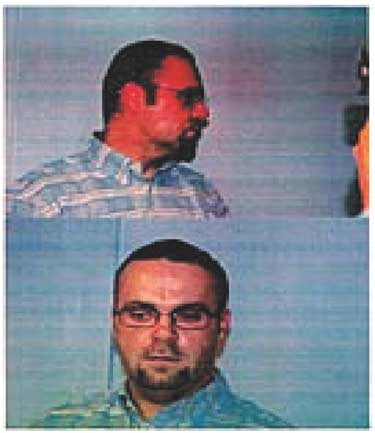


The story of the arrest and capture of Radovan Krejčíř in
The “investment package” includes making available a loan to the “
“The clear design of the
The report continued:
“Drug traffickers and other criminals can enjoy the spoils of their illegal activities secure in the knowledge that the
The Economic Development Act 1996 was shelved on July 25, 2000. This was acknowledged by FATF on 11 October, 2000. Hence, what followed with respect to Radovan Krejčíř gives rise to a very disturbing number of issues on the role of the Government of Seychelles. In the first instance it is the role of President James Alix Michel and that of Minister of Finance, Mr. Danny Faure. Under the current civil service administration structure, the President is responsible for the Immigration Division as part of his Department of Internal Affairs portfolio. They bear the responsibility for issuing passports and travel documents.
Mr. Radovan Krejčíř was arrested upon arrival in
It is important to note that a similar request made by the Czech Republic to the Government of Seychelles was turned down. The Government of Seychelles refused to comply with the request on a number of grounds. The most important were firstly that no extradition treaty existed between the Czech Republic and Seychelles. Secondly, and apparently more importantly was that Mr. Krejčíř could not be extradited because of his personal safety. This second argument held great sway as Mr. Radovan Krejčíř’s father, Mr. Lambert Krejčíř, disappeared in mysterious circumstances in Prague around 2002. This case is still unsolved to this day and was sufficient to obtain a reprieve from extradition for Mr. Radovan Krejčíř. He was allowed to stay here with his wife and son. Mr. Krejčíř then went on to make numerous “investment packages” in the Seychelles.
It is precisely these “investments” that seem to have placed Radovan Krejčíř in his current predicament. According to the World Bank Seychelles is, per capita, the most highly indebted country in the world. The total public debt is around 122.8% of GDP. Approximately two thirds of this debt is owed domestically, with the balance due to multilaterals, bilateral and commercial banks. Furthermore, the country is in arrears to most of its international creditors and has had to resort to pledged commercial debt to continue to be able to borrow. This high debt burden is a direct consequence of the overvalued exchange rate — in essence, the country is living beyond its means and financing its lifestyle by borrowing domestically and internationally. It is estimated that Mr. Krejčíř lent the SPPF government substantial sums for the 2006 Presidential elections. The only people capable of answering the question of illegal campaign financing obtained from Mr. Krejčíř are those in government directly involved with public finances management. This is Mr. Danny Faure the Minister of Finance.
The role of the Department of Immigration under President Michel also now comes under scrutiny. Mr. Krejčíř left